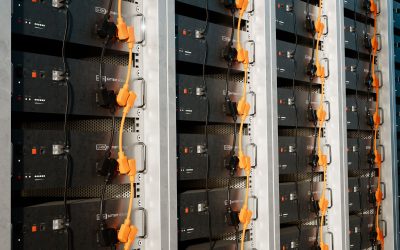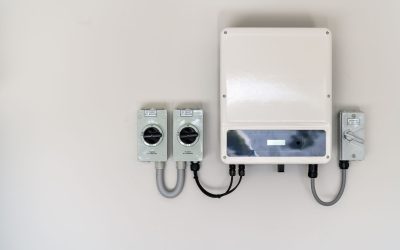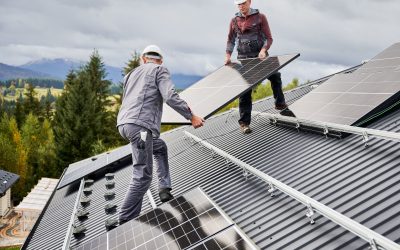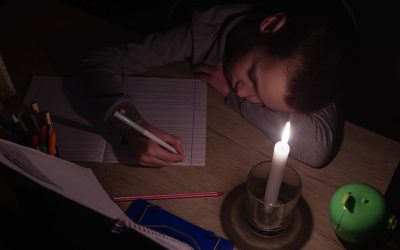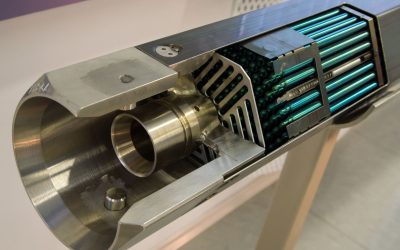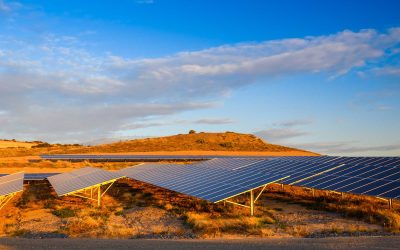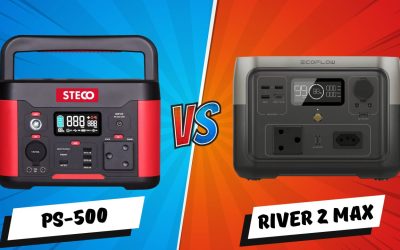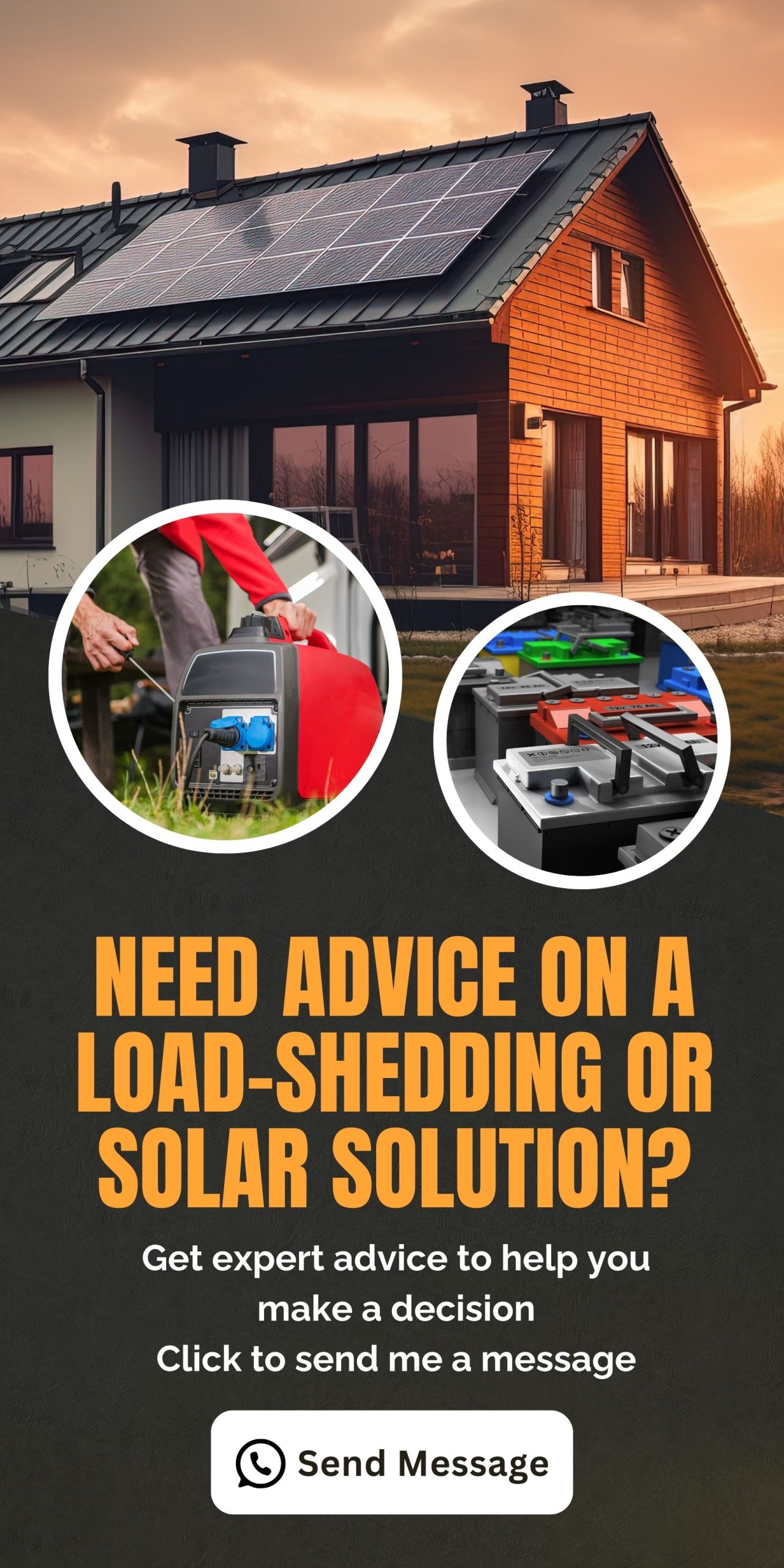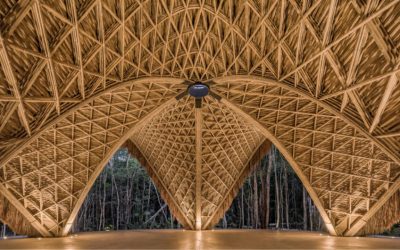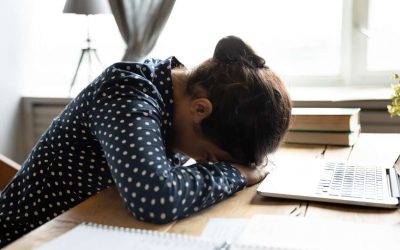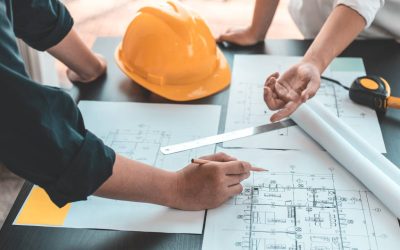Every so often I hear a complaint from a friend, colleague or family member that they are sick because they were in a training room, or another place, and the air conditioning system “made me sick”, or “was too cold” or “I’m not used to air conditioners”. For me, as a mechanical engineer, that is completely unacceptable and a slap in the face of the profession.
Created for Comfort
An HVAC system ought to be a relief from intemperate outside conditions, rather than something to be dreaded. Building occupants should never have to “wish that someone would turn off the air-con”.
If the air-conditioning in your building is making people sick or uncomfortable you need to fire the engineers who are responsible for it, or at least demand that they get their act together.
A properly designed HVAC system is supposed to achieve the exact opposite result: keep building occupants healthy and so comfortable that they do not even realise that there is an HVAC system until they step outside your building.
The Biology
Let me get into the biology of why a poorly designed HVAC system leads to illness. Yes, biology. Because, even though I am a mechanical engineer, I need to understand a great deal about the clients who have requested my services to keep them healthy and comfortable.
The body is able to release moisture into the air by at least two methods: sweating or breathing. In sweating, moisture from the skin evaporates into the air and by so doing cools the skin. In breathing, moisture from the respiratory system evaporates into the air.
It is in releasing moisture into the air through breathing where the problem often lies. The respiratory tract is lined with a layer of mucous. This mucous layer is antiseptic. Thus, if it is reduced the respiratory tract is more susceptible to infection.
Furthermore, a reduction in the mucous layer results in dryness in the respiratory tract which has been shown to produce microscopic tears in the respiratory tract. These “micro-fissures”, as they are called, can become an entry point for infection.
The solution is to properly control the condition of the air (hence the term “air-conditioning”). This is done, firstly, by ensuring that their air is clean. Secondly, and highly significant to the discussion here, is suitable air humidity.
Humidity Control
The relative humidity (RH) of air is the property that tells us how much moisture can be absorbed by the air at a specific temperature before it reaches saturation—the point where no more moisture can be absorbed. The lower the RH the more moisture can be absorbed and the faster the rate of moisture evaporation from the skin and the mucous layer.
Poorly designed HVAC systems dry the air to the point where the RH is too low. This makes building occupants more susceptible to infection due to dryness and reduced defence in the respiratory tract. The reason for this error is a fear of a high RH which results in discomfort.A high RH also creates an environment conducive to the growth of fungi and microbes—something that is particularly threatening in a healthcare facility setting.
The engineer is therefore faced with determining the right RH to ensure that building occupants are comfortable while ensuring that their respiratory tracts are not dried out by the air that they are breathing. The correct RH is chosen by taking into consideration the specific environment and its occupants and its specific purpose. It has to be properly chosen and implemented through proper equipment selection and installation.
This is a design question, and engineers are trained to think and design. It’s really not that complicated. It’s just a matter of thorough consideration.



